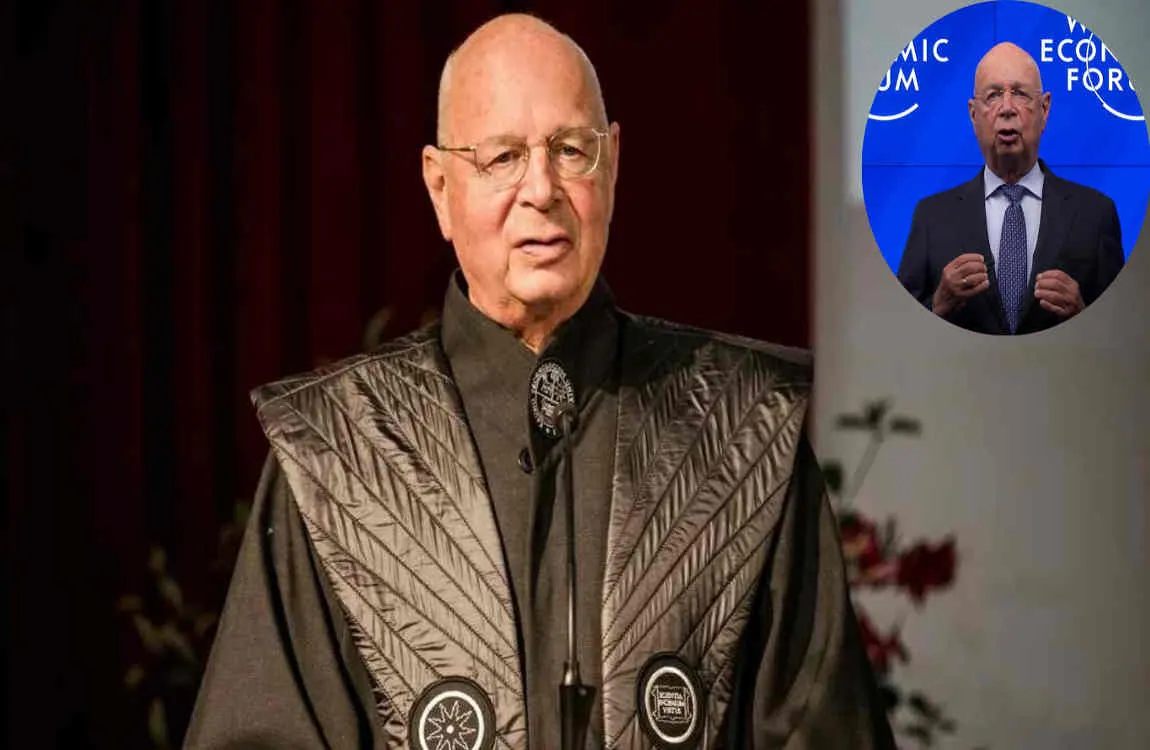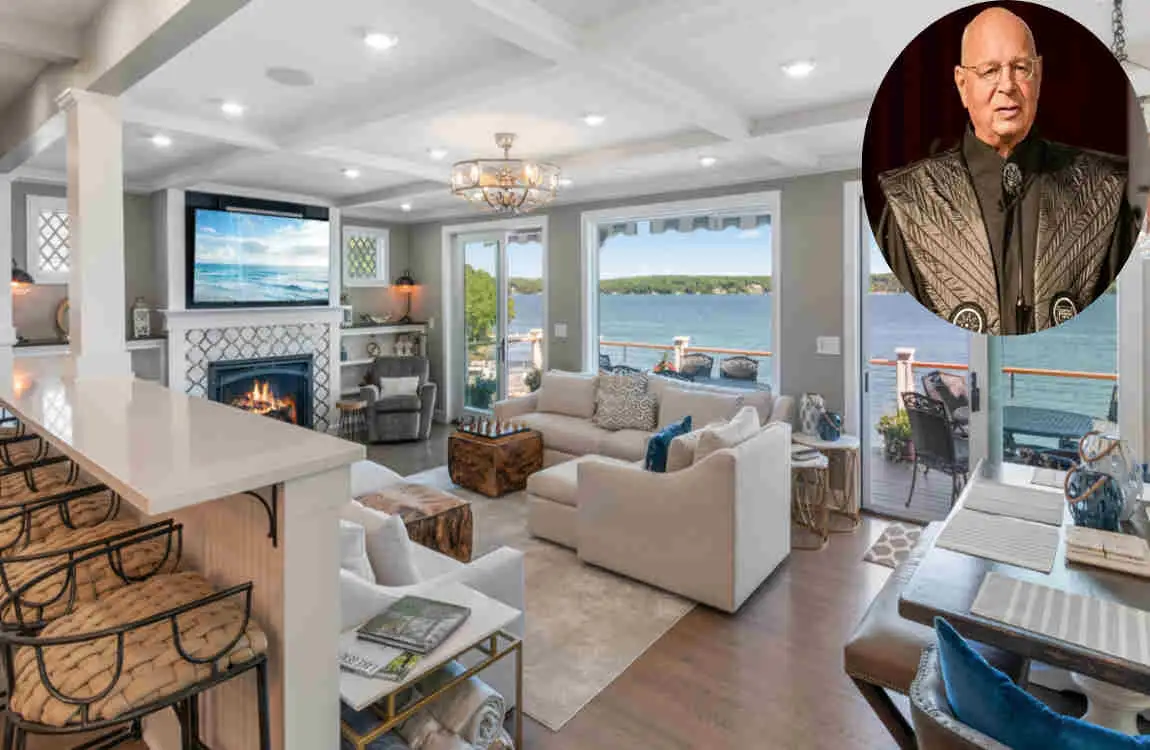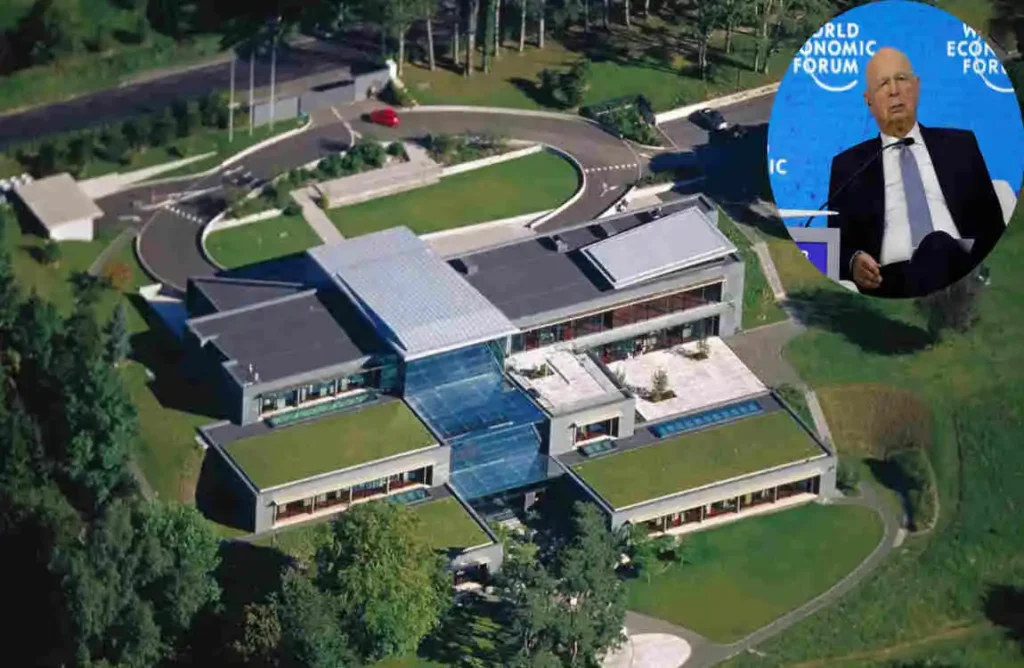Klaus Schwab, founder of the World Economic Forum, leads a strikingly luxurious and secretive lifestyle reflected in his real estate holdings around the globe. Despite his public motto of “you will own nothing and be happy,” Schwab himself owns multiple multi-million-dollar properties in prime locations such as Geneva, Switzerland, and his native Germany. These estates range from elegant lakeside villas with modern and traditional Swiss architectural blends to lavish beachfront retreats, all showcasing refined design, beautiful gardens, and stunning views. His residences serve both as private luxzury homes and venues for elite events, highlighting a blend of exclusivity and sophisticated living worthy of his billionaire status, estimated at around $1.7 billion. Schwab’s home life underscores a stark contrast between his personal fortune and the global philosophies he publicly champions.
| Field | Information |
|---|---|
| Full Name | Klaus Martin Schwab |
| Date of Birth | March 30, 1938 |
| Place of Birth | Ravensburg, Germany |
| Profession | Mechanical Engineer, Economist, Founder of World Economic Forum (WEF) |
| Net Worth | Estimated between $25 million to $100 million |
| Current Residence | Cologny, near Geneva, Switzerland |
| Personal Life | Lives with his wife and two children |
| Notable Roles | Founder and Executive Chairman of the World Economic Forum (1971 to 2025) |
| Additional Info | Known for promoting stakeholder capitalism and authoring books like “The Fourth Industrial Revolution” and “COVID-19: The Great Reset” |
Who is Klaus Schwab?

Klaus Schwab is a German mechanical engineer, economist, and academic best known as the founder of the World Economic Forum (WEF). Born on 30 March 1938, in Ravensburg, Germany, he founded the WEF in 1971 and served as its chairman until his resignation in 2025. Schwab has a strong academic background, holding a doctorate in engineering and economics, as well as a Master’s degree in Public Administration from Harvard University. Under his leadership, the WEF evolved into a leading global platform that brings together leaders from politics, business, academia, and civil society to address critical global challenges. He also co-founded the Schwab Foundation for Social Entrepreneurship and initiated programs to empower young international leaders.
Where Does Klaus Schwab Currently Live?
Klaus Schwab currently resides in Switzerland, specifically at a private residence known as Villa Mundi, located near Lake Geneva in the area of Cologny. This property has been reported as his private home, although the World Economic Forum officially owned it for guest purposes. The address associated with Klaus Schwab is 70 Chemin De Ruth, Ch-1223 Cologny, Switzerland. He also has strong ties to his birthplace in Ravensburg, Germany, but his primary residence is near Geneva, Switzerland.
A Brief History of the World Economic Forum
The World Economic Forum (WEF) was founded in 1971 by Klaus Schwab. Initially, it began as a simple meeting of European business leaders. The goal was to discuss management practices and economic issues.
| Attribute | Details |
|---|---|
| House Name | Villa Mundi (private residence used by Klaus Schwab) |
| Specifications | Approximately part of a large estate with green granite walls, planted rooftops, large glass windows |
| Architecture Design | Combination of traditional Swiss style with modern features |
| Size | Not explicitly specified for the house, but the nearby headquarters building covers 11,500 sqm |
| Worth | Estimated around $50 million (property overlooking Lake Geneva) |
| Address | Near Lake Geneva, Switzerland (Villa Mundi area) |
| History | Though officially owned by the World Economic Forum, Klaus Schwab and his wife reportedly used it as their personal home; the villa includes elegant conference rooms, networking lounges, gardens, and terraces with lake views |
You may also read (jeremy renners lake tahoe house).
Over the years, the WEF evolved into a global platform. It now engages not only businesses but also politicians, academics, and members of civil society. This unique mix fosters dialogue on pressing global challenges.
By hosting its annual meeting in Davos, Switzerland, the forum gained international prominence. Leaders from all sectors convene there each January to share insights and collaborate on solutions.
The Rise of Klaus Schwab and His Influence in Global Affairs

Klaus Schwab’s ascent to global prominence is a remarkable journey. Born in Germany in 1938, he founded the World Economic Forum (WEF) in 1971. This platform quickly transformed into a pivotal meeting ground for world leaders, CEOs, and scholars.
Under his leadership, the WEF became synonymous with high-level discussions on economic issues. His vision emphasized collaboration over competition. It attracted attention from influential figures worldwide.
Schwab’s concept of “stakeholder capitalism” has reshaped business practices. He advocates for corporations to consider societal impacts alongside profits. This ideology resonates deeply amidst rising social consciousness.
His influence extends beyond economics into environmental concerns, too. The annual meetings at Davos have become crucial for dialogues about climate change and sustainability.
Through these efforts, Klaus Schwab has solidified his role as a key architect of modern global affairs, continually shaping policies that impact millions worldwide.
Inside Klaus Schwab’s House: A Tour of His Luxurious Home
Klaus Schwab’s house is a stunning reflection of his vision and lifestyle. Nestled in the picturesque surroundings of Cologny, Switzerland, this residence exudes elegance and sophistication.
As you step inside, you’re greeted by expansive spaces filled with art pieces from renowned artists. Each room tells a story, combining modern design elements with classic touches that create a warm ambiance.
The modern home boasts panoramic views of Lake Geneva and the surrounding Alps. Large windows flood each area with natural light, emphasizing the meticulous craftsmanship throughout.
A state-of-the-art library serves as both a sanctuary for thought and an inspiration hub. It’s here where ideas are born—conversations about global change take shape among shelves lined with books on economics and social theory.
An Exclusive Interview with Mrs. Hilde Schwab, Co-founder of the World Economic Forum
Mrs. Hilde Schwab, co-founder of the World Economic Forum, brings a unique perspective to global issues. Her passion for social entrepreneurship shines through in every project she undertakes.
During our conversation, Mrs. Schwab emphasized the importance of collaboration among diverse sectors. She believes that real change comes from partnerships between government, business, and civil society.
Her commitment to philanthropy is evident in initiatives aimed at improving education and healthcare worldwide. She often speaks about empowering women as a key driver for sustainable development.
When asked about her vision for the future, she highlighted the need for innovation and inclusivity in solving pressing global challenges. Her insights reflect not only her extensive experience but also a deep-seated hope for humanity’s potential to evolve positively together.
Through her work with the Schwab Foundation, she’s creating pathways that inspire others to join this essential mission toward societal betterment.
The Schwab Foundation for Social Entrepreneurship and Its Impact on Society
The Schwab Foundation for Social Entrepreneurship is a beacon of innovation in the realm of social impact. Founded by Klaus and Hilde Schwab, it aims to empower individuals who are creating transformative changes through entrepreneurial initiatives.
This foundation identifies and supports leading social entrepreneurs worldwide. These visionaries address pressing issues such as poverty, education, and environmental sustainability. By providing resources, networking opportunities, and recognition, the foundation amplifies its efforts.
Through its work, the Schwab Foundation bridges gaps between business acumen and societal needs. It fosters collaboration among diverse stakeholders, including governments, NGOs, and the private sector. This synergy sparks creative solutions that address complex global challenges.
You may also read (arian fosters stunning home).
